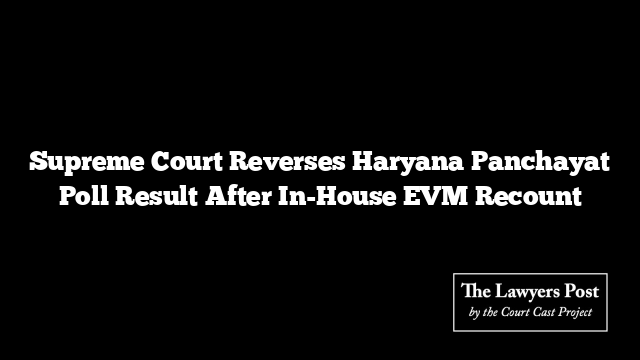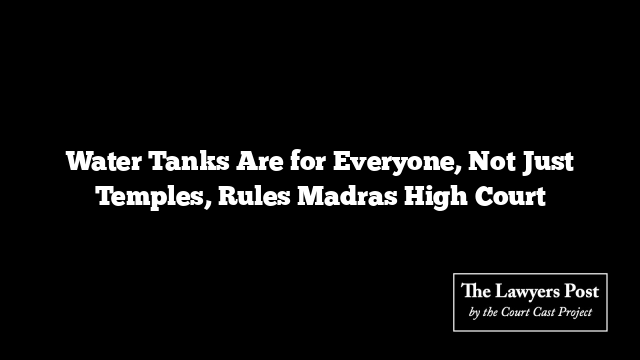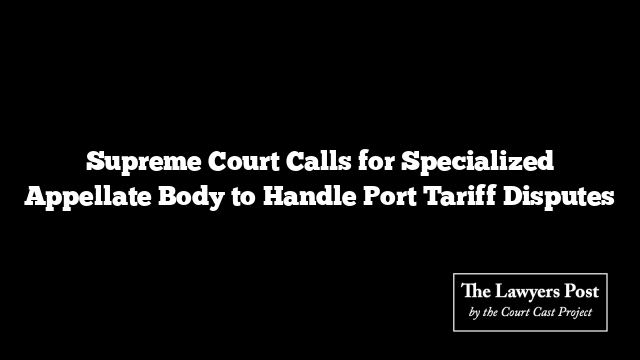In a dramatic legal turn, the Supreme Court of India has nullified the outcome of a 2022 Gram Panchayat election in Buana Lakhu village, Panipat, Haryana, following a direct recount of Electronic Voting Machine (EVM) votes—an exceptionally rare move for the apex court. The recount, conducted by the Court’s own Registrar and fully videographed, revealed that the original runner-up, Mohit Kumar, had in fact secured 51 more votes than the declared winner, Kuldeep Singh.
The top court, acting on the recount findings, ordered that Mohit Kumar be immediately recognized as the elected Sarpanch. The Panipat Deputy Commissioner-cum-Election Officer has been instructed to issue the official notification within two days, allowing Kumar to assume charge without delay.
The matter, though rooted in a village-level contest, triggered a complex legal chain of events. It began with the initial declaration of Kuldeep Singh as the victor in November 2022. On the same day, however, the Returning Officer identified discrepancies in vote tabulation at a single booth and ordered a suo motu recount, which flipped the result in Kumar’s favor.
Singh challenged the validity of that recount in the High Court, which sided with him, arguing that once results are declared, any correction must be pursued through an election petition—not unilateral recounts. The High Court reinstated Singh, prompting Kumar to file a formal election petition.
As legal ping-pong continued, Singh objected on technical grounds, including a delay in filing. The case ascended to the Supreme Court, which dismissed the objection and ordered the Election Tribunal to resolve the issue within four months.
By April, the Tribunal called for a focused recount at Booth No. 69. Singh once again approached the High Court, which quashed the Tribunal’s direction. This prompted Kumar to knock on the Supreme Court’s door once more.
In July, in an unusual move, the Supreme Court summoned all five EVMs and entrusted the recounting process to its Registrar. Agents from both camps were allowed to be present, ensuring transparency. The final tally tilted the scales: Kumar 51 votes ahead.
Delivering the verdict on August 11, the bench comprising Justices Surya Kant, Dipankar Datta, and N Kotiswar Singh emphasized the integrity of the recount, noting it was signed off by both parties and recorded on video. “There being prima facie no reason to doubt the Registrar’s report… we are satisfied that the appellant deserves to be declared as the elected Sarpanch,” the bench ruled.
While allowing Kumar to assume office immediately, the Court clarified that the final word still rests with the Election Tribunal—but only on matters other than the vote count, which it declared to be conclusively settled.
Justice Surya Kant also took a moment during the hearing to criticize the local electoral machinery. “The mess was entirely the making of the Returning Officer… never imagined the High Court would spend 15 pages just to deny a recount,” he remarked.
This case—Mohit Kumar vs. Kuldeep Singh & Ors., SLP(C) No. 18410/2025—not only underscores judicial readiness to intervene in grassroots democratic disputes but also sets a precedent on the sanctity and oversight of vote counting, even at the panchayat level.





